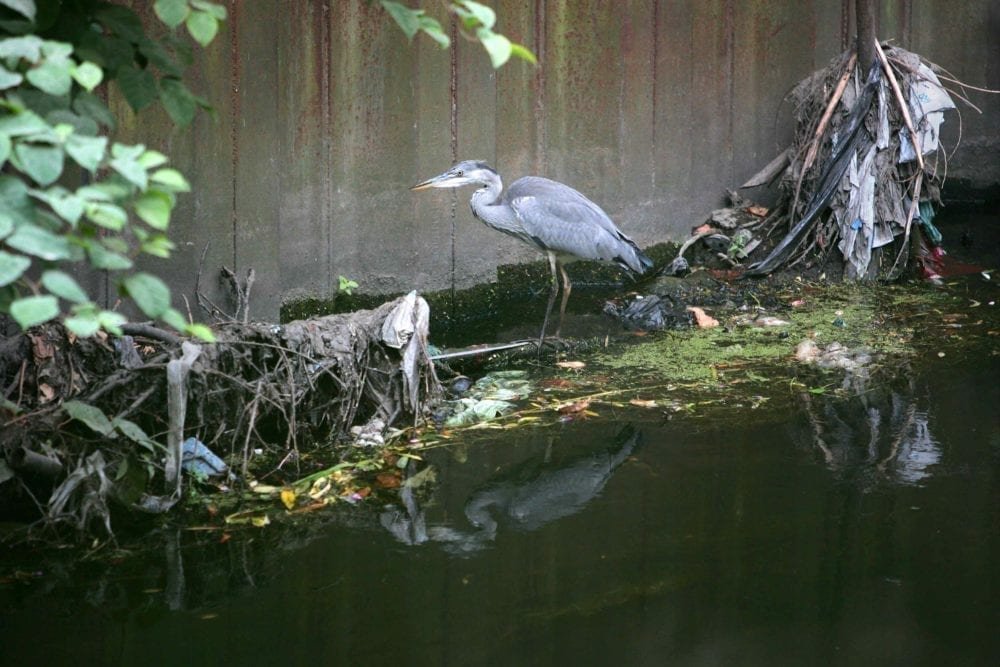More than a third (40%) of rivers in England and Wales are polluted with sewage, adding to one of ‘the most urgent environmental crises facing the UK today.’
Water companies and the government are failing to prevent avoidable sewage pollution, leaving our rivers unhealthy and putting wildlife and people at risk.
These are the findings of a nine-month long investigation into the sewerage system by the conservation charity WWF.
Multiple failings
Nearly 18,000 (17,684) licensed emergency sewer overflows – managed by water companies across England and Wales – are meant to discharge raw sewage directly into the environment only during extreme rainfall, but WWF has found they are discharging far more frequently.
A total of 1,902 pollution incidents were reported by the nine water and sewerage companies operating in England alone, a first rise in incidences since 2012. There was also an increase in the most serious pollution incidents, all of which were associated with sewage.
‘The problem of sewage pollution stems from multiple failings, including lack of proper planning and investment in our sewerage system; shortcomings in monitoring, risk assessments, operational practice and staff culture and insufficient regulation. And many of us are also contributing to the problem of sewer overflows by flushing items such as wet wipes, sanitary products and kitchen fat down toilets and drains.’
BEN STAFFORD
Head of campaigns at WWF
Companies compared
South West Water, which operates in Devon, Cornwall, and small areas of Dorset and Somerset, reported by far the most sewage pollution incidents in 2016, with 115 sewage pollution incidents per 10,000km.
This was followed by Yorkshire Water, which reported 46 sewage pollution incidents, and Northumbrian Water which reported 38.
At the more positive end of the scale, United Utilities, which operates in the North West of England, reported 22 sewage pollution incidents.
The tip of the iceberg
This is likely to be just the tip of the iceberg because wastewater legally discharged continuously from sewage treatment works – also managed by water companies – is not being treated to high enough standards to protect rivers.
This is despite the fact that sewage pollution causes rapid algae growth, starving rivers of the oxygen that insects, fish and other wildlife need to survive. This in turn also affects animals such as otters and kingfishers at the top of the aquatic food chain.
 Play Video about This Rock Might Just Save The World
Play Video about This Rock Might Just Save The World Play Video about Play 2 hours of rock
Play Video about Play 2 hours of rock Play Video about Play 2 hours of brook
Play Video about Play 2 hours of brook Play Video about Play 2 hours of sheep
Play Video about Play 2 hours of sheep











































